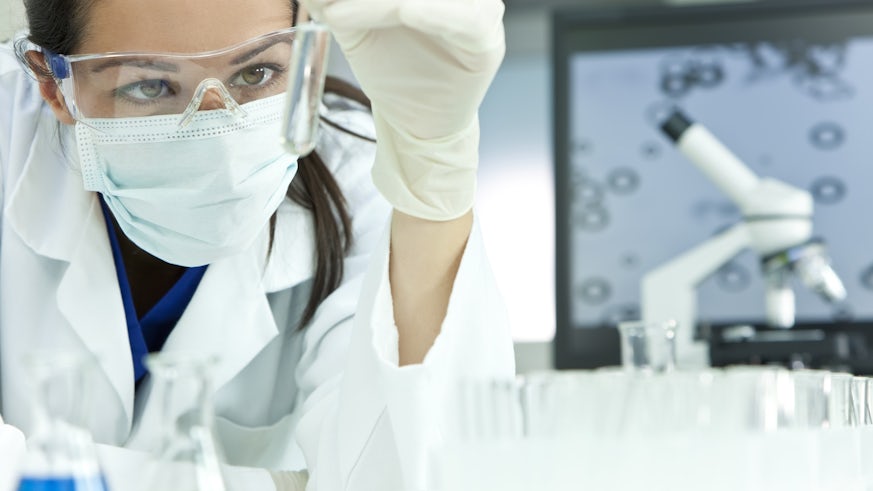New grant secured to study a genetic cause of neurodevelopmental disorders
29 Tachwedd 2019

A major Medical Research Council (MRC) research initiative, led by Professor Riccardo Brambilla, has been funded to study a genetic cause of neurodevelopmental disorders with the ambition to improve diagnosis and prognosis.
Intellectual disability (ID) and Autism Spectrum Disorder (ASD) are still poorly understood at the genetic, cellular and molecular level. Due to the complex nature of genetic testing, quantitative measures (biomarkers) for early diagnosis and prognosis are lacking.
A team from Cardiff University, led by Professor Riccardo Brambilla, including Director of Division of Psychiatry and Clinical Neuroscience (DPMCN) and of the Neuroscience and Mental Health Research Institute (NMHRI) Professor Jeremy Hall, Professor Marianne van den Bree, Professor Meng Li, Dr Nick Bray and Professor Jonathan Green from the University of Manchester, have received a substantial Programme Grant from the MRC to investigate several important aspects associated with copy number variants (CNVs – deletions or duplications) in chromosomal region 16p11.2.
16p11.2 refers to chromosome 16. The possible deletions or duplications occur near the middle of the chromosome at a location designated p11.2 which can have a variety of effects.
Professor Riccardo Brambilla said, “These neurodevelopmental syndromes are robustly associated with ID, ASD and schizophrenia. Recent converging evidence from human genomic studies as well as from mice, strongly point to a gene located within 16p11.2, MAPK3 (ERK1 MAP kinase), as a key mediator of pathology associated with the CNVs. ERK signalling is a central player in neurodevelopment, cognition and behaviour and is perturbed in the brain of both deletion and duplication mouse models of CNVs at 16p11.2, thus representing a potential therapeutic target.
There are around 700,000 people on the autism spectrum in the UK – that's more than 1 in 100. If you include their families, autism is a part of daily life for 2.8 million people. However, the prevalence of the chromosome 16 defect is much lower, found in around 1:100 people with autism.”
The project, led by Cardiff University in collaboration with the University of Manchester, will utilise an existing cohort of 16p11.2 deletion and duplication individuals and will test the possibility that changes in ERK signalling detected in blood samples, may correlate with the severity of the condition.
This would provide a reliable biomarker not only for diagnosis but also for potential new therapies. At the same time, induced pluripotent stem cells (iPSCs) which have been donated by individuals from the cohort, will be used to understand the role of ERK signalling in the development of the disease at the cellular level and to generate miniature organs resembling the brain, as sophisticated in vitro human models. Most significantly, the cellular and animal models of 16p11.2 deletion and duplication syndromes will be used to test novel, experimental therapies to overcome ID and ASD symptoms.